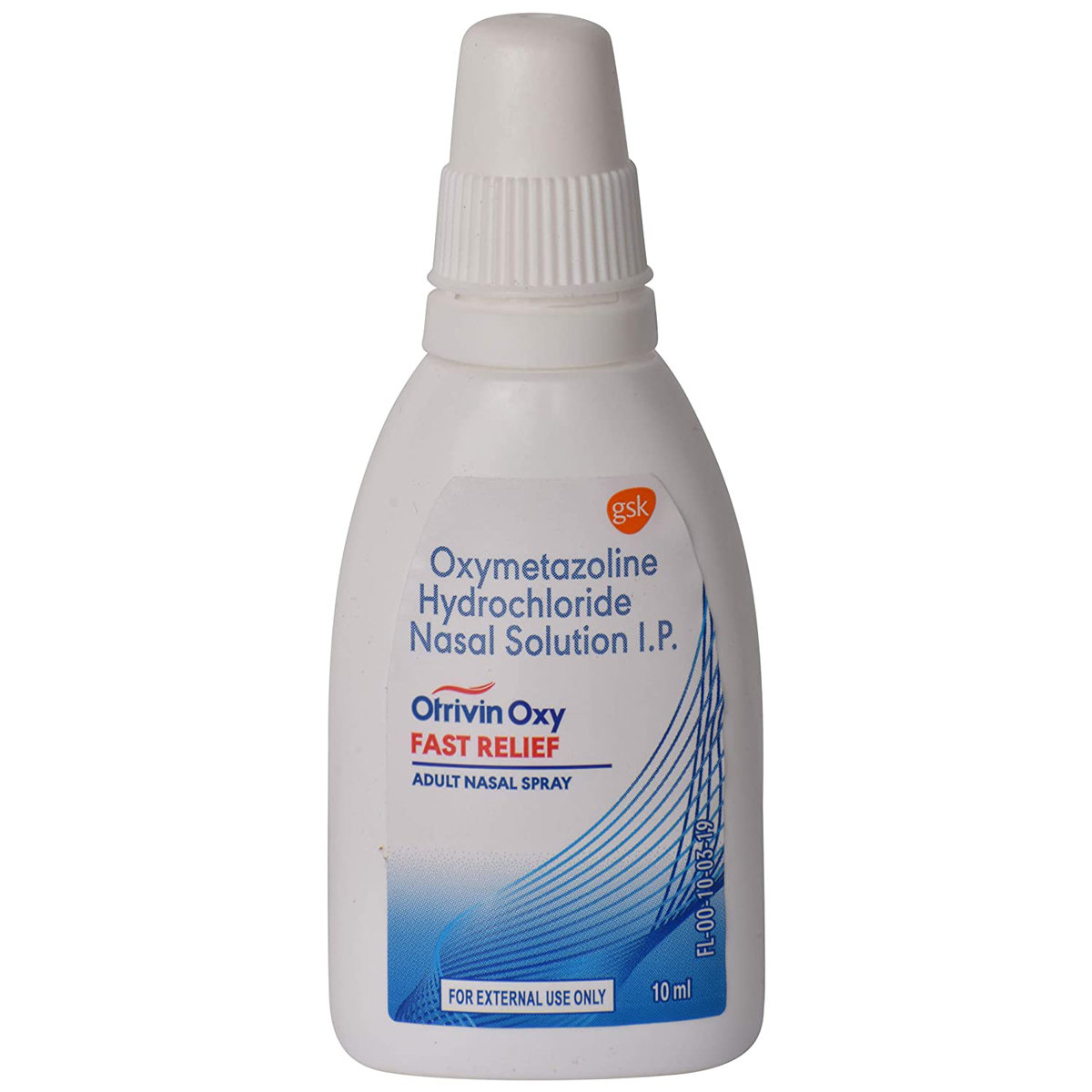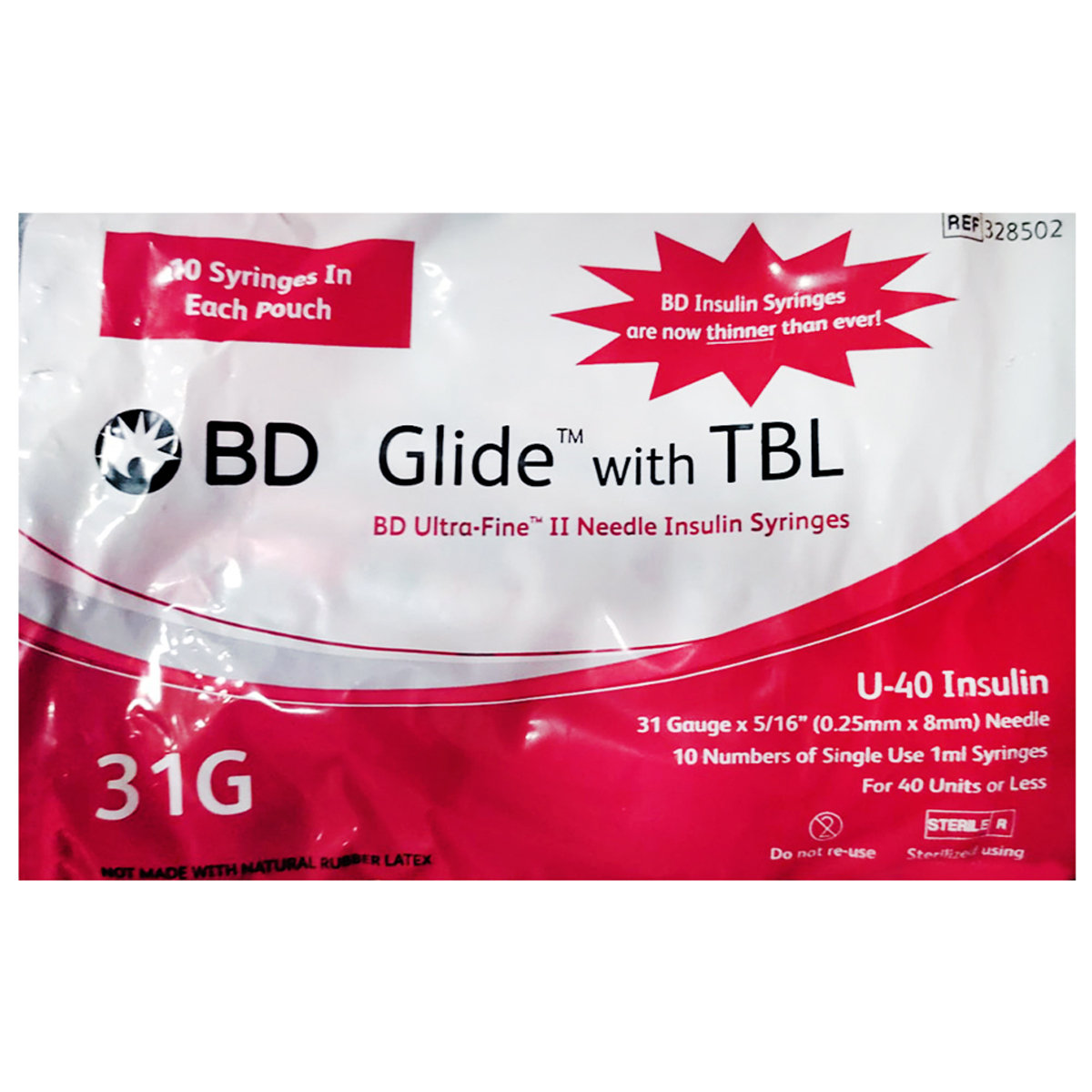Iobet Eye Drops 5 ml
MRP ₹68.5
(Inclusive of all Taxes)
₹10.3 Cashback (15%)
Provide Delivery Location

secured payment

india's most trusted pharmacy

genuine products
Composition :
Manufacturer/Marketer :
Consume Type :
Expires on or after :
Return Policy :
About Iobet Eye Drops 5 ml
Iobet Eye Drops 5 ml belongs to a class of anti-hypertensive drugs called beta-blockers. It is primarily used to treat increased pressure in the eye in conditions such as glaucoma (damage of optic nerve) and ocular hypertension (high fluid pressure inside the eye). Glaucoma is an eye condition which causes damage to the optic nerve (essential for good vision) due to abnormally increased pressure in the eye. Ocular hypertension is increased pressure in the eye due to poor drainage of aqueous humour (fluid in the eye that maintains normal pressure by its continuous flow).
Iobet Eye Drops 5 ml works by decreasing the secretion of aqueous humour (a liquid that maintains normal pressure in the eyeball) by the ciliary body into the eyeball. Thereby lowers the pressure in the eye by reducing aqueous humour entry into the eyeball.
Use Iobet Eye Drops 5 ml as prescribed. Your doctor will advise you on how many drops to instill based on your medical condition. In some cases, you may experience watery eyes, discomfort in the eye, headache or blurred vision. Most of these side effects of Iobet Eye Drops 5 ml do not require medical attention and gradually resolve over time. However, if the side effects worsen or persist, please consult your doctor.
If you are known to be allergic to Iobet Eye Drops 5 ml or any other medicines, please tell your doctor. Iobet Eye Drops 5 ml is not recommended for children. You are advised to maintain a time gap of 5 to 15 minutes between using other eye drops and Iobet Eye Drops 5 ml. If you are pregnant or breastfeeding, please inform your doctor before taking Iobet Eye Drops 5 ml. You are advised to remove soft contact lenses before using Iobet Eye Drops 5 ml as it may cause discolouration of soft contact lens. Do not use Iobet Eye Drops 5 ml if you have severe chronic obstructive bronchitis, severe asthma, heart failure, irregular heartbeats or slow heartbeat. Iobet Eye Drops 5 ml may mask low blood sugar symptoms. Therefore, if you have diabetes, inform your doctor before taking Iobet Eye Drops 5 ml. If you have myasthenia gravis (muscle weakness), inform your doctor as Iobet Eye Drops 5 ml may worsen its symptoms.
Uses of Iobet Eye Drops 5 ml

Have a query?
Directions for Use
Key Benefits
Iobet Eye Drops 5 ml is used to treat increased pressure in the eye in conditions such as glaucoma (damage of optic nerve) and ocular hypertension (high fluid pressure inside the eye). Iobet Eye Drops 5 ml decreases the secretion of aqueous humour (a liquid that maintains normal pressure in the eyeball) by the ciliary body into the eyeball. Thereby, lowers the pressure in the eye by reducing aqueous humour entry into the eyeball.
Storage
- Exercising regularly helps lower the risk of heart problems.
- Maintain a healthy diet, including vegetables and fruits.
- Rest well; get enough sleep.
- Manage stress with yoga and meditation.
- Limit alcohol and smoking.
- Tell your doctor immediately if you experience shortness of breath after taking medication.
- Your doctor may adjust the medication regimen or dosage or give alternative medical procedures to minimize the symptoms of shortness of breath.
- Monitor your oxygen levels and breathing rate regularly to track changes and potential side effects.
- For controlling stress and anxiety, try relaxation techniques like deep breathing exercises, meditation, or yoga.
- Make lifestyle changes, such as quitting smoking, exercising regularly, and maintaining a healthy weight.
- Seek emergency medical attention if you experience severe shortness of breath, chest pain, or difficulty speaking.
- Follow up regularly with your doctor to monitor progress, adjust treatment plans, and address any concerns or questions.
- Inform your doctor about dizziness symptoms. They may adjust your medication regimen or prescribe additional medications to manage symptoms.
- Follow your doctor's instructions for taking medication, and take it at the same time every day to minimize dizziness.
- When standing up, do so slowly and carefully to avoid sudden dizziness.
- Avoid making sudden movements, such as turning or bending quickly, which can exacerbate dizziness.
- Drink plenty of water throughout the day to stay hydrated and help alleviate dizziness symptoms.
- If you're feeling dizzy, sit or lie down and rest until the dizziness passes.
- Track when dizziness occurs and any factors that may trigger it, and share this information with your doctor to help manage symptoms.
- Hydrate your body: Drink enough water to prevent dehydration and headaches.
- Calm Your Mind: Deep breathing and meditation can help you relax and relieve stress.
- Rest and Recharge: Sleep for 7-8 hours to reduce headache triggers.
- Take rest: lie down in a quiet, dark environment.
- Cold or warm compresses can help reduce tension.
- Stay Upright: Maintain good posture to keep symptoms from getting worse.
- To treat headaches naturally, try acupuncture or massage therapy.
- Over-the-counter pain relievers include acetaminophen and ibuprofen.
- Prescription Assistance: Speak with your doctor about more substantial drug alternatives.
- Severe Headaches: Seek emergency medical assistance for sudden, severe headaches.
- Frequent Headaches: If you get reoccurring headaches, consult your doctor.
- Headaches with Symptoms: Seek medical attention if your headaches include fever, disorientation, or weakness.
- Chest pain may last for a while and needs immediate medical attention as it is a significant health issue to be attended to.
- Take rest and refrain from doing physical activity for a while, and restart after a few days.
- Try applying an ice pack to the strained area for at least 20 minutes thrice a day. Ice pack thus helps reduce inflammation.
- Sit upright and maintain proper posture if there is persistent chest pain. • Use extra pillows to elevate your position and prop your chest up while sleeping.
- Reduce salt intake to minimize fluid buildup.
- Use compression stockings, sleeves, or gloves.
- Gently massage the affected area towards the heart.
- Protect the swollen area from injury and keep it clean.
- Use lotion or cream to keep the skin moisturized.
Drug Warnings
If you have low blood pressure, heart failure, slow heartbeat, coronary heart disease, myasthenia gravis, asthma, diabetes, angle-closure glaucoma, Raynaud's disease or Raynaud's syndrome (poor blood circulation) and hyperthyroidism (overactive thyroid gland), please inform your doctor before taking Iobet Eye Drops 5 ml. Pregnant or a nursing mother are advised to consult a doctor before taking Iobet Eye Drops 5 ml. You are advised to remove soft contact lenses before using Iobet Eye Drops 5 ml as it may cause discolouration of soft contact lens. Iobet Eye Drops 5 ml may mask low blood sugar and hyperthyroidism (overactive thyroid gland) symptoms. Therefore, if you have diabetes or hyperthyroidism, please inform your doctor before taking Iobet Eye Drops 5 ml.
Drug-Drug Interactions
Drug-Drug Interactions
Login/Sign Up
Co-administration of Iobet Eye Drops 5 ml and Ritodrine may lead to decreased effectiveness of the medications.
How to manage the interaction:
Taking Iobet Eye Drops 5 ml with Ritodrine can result in an interaction, but it can be taken if a doctor has advised it. Do not stop using any medications without a doctor's advice.
Co-administration of Iobet Eye Drops 5 ml with Saquinavir, the risk of an irregular heart rhythm can increase.
How to manage the interaction:
Taking Iobet Eye Drops 5 ml with Saquinavir can result in an interaction, but it can be taken if a doctor has advised it. However, if you notice any of these signs- your heart beating irregularly, feeling suddenly dizzy or lightheaded, fainting, or experiencing an irregular heartbeat, consult a doctor. Do not stop using any medications without talking to a doctor.
Taking Clonidine and Iobet Eye Drops 5 ml together may lower blood pressure and slower heart rate.
How to manage the interaction:
Although there is a possible interaction between Clonidine and Iobet Eye Drops 5 ml, you can take these medicines together if prescribed by a doctor. However, if you experience headaches, slow heartbeat, dizziness, consult a doctor. Do not discontinue the medication without consulting a doctor.
Taking Aminophylline and Iobet Eye Drops 5 ml together may reduce the effectiveness of Iobet Eye Drops 5 ml and increase the effects of Aminophylline.
How to manage the interaction:
Taking Aminophylline and Iobet Eye Drops 5 ml together can result in an interaction, it can be taken if a doctor has advised it. However, if you experience nausea, vomiting, sleeplessness, tremors(shakings), restlessness, irregular heartbeats, or difficulty breathing, contact the doctor immediately. Do not discontinue any medications without consulting a doctor.
Taking Iobet Eye Drops 5 ml with Theophylline, could increase the risk of side effects.
How to manage the interaction:
Although taking Iobet Eye Drops 5 ml and Theophylline together can result in an interaction, it can be taken if a doctor has advised it. However, if you experience sleeplessness, tremors (Involuntary shaking or movement affecting hands, legs, and face), restlessness, uneven heartbeats, or difficulty breathing, contact a doctor immediately. Do not discontinue any medications without consulting a doctor.
Co-administration of Ceritinib together with Iobet Eye Drops 5 ml may increase the risk of an irregular heart rhythm.
How to manage the interaction:
Although there is an interaction between Iobet Eye Drops 5 ml and Ceritinib, it can be taken together if prescribed by a doctor. However, consult a doctor if you experience sudden dizziness, lightheadedness, fainting, or shortness of breath. Do not discontinue any medications without consulting a doctor.
When Dolasetron is taken with Iobet Eye Drops 5 ml, it can raise the risk of an irregular heart rhythm.
How to manage the interaction:
Taking Iobet Eye Drops 5 ml with Dolasetron together can result in an interaction, but it can be taken if a doctor has advised it. If you have any of these symptoms, like feeling dizzy, lightheaded, or your heart beating irregularly, consult a doctor. Do not discontinue any medications without a doctor's advice.
Co-administration of Iobet Eye Drops 5 ml with Diltiazem may result in side effects.
How to manage the interaction:
Although there is a possible interaction between Iobet Eye Drops 5 ml and Diltiazem, you can take these medicines together if prescribed by a doctor. However, if you experience fatigue, headaches, dizziness, fainting, swelling of the hands and legs, weight gain, breathlessness, chest pain, an irregular pulse, consult a doctor. Do not discontinue any medications without a doctor's advice.
Co-administration of Atazanavir and Iobet Eye Drops 5 ml can raise the chance of a possibly serious heart rhythm irregularity.
How to manage the interaction:
Taking Iobet Eye Drops 5 ml with Atazanavir together can result in an interaction, but it can be taken if a doctor has advised it. If you notice sudden dizziness, lightheadedness, fainting, or irregular heartbeat, consult a doctor. Do not stop using any medications without talking to a doctor.
Co-administration of Iobet Eye Drops 5 ml with fingolimod may slow your heart rate, which may result in significant or serious heart problems.
How to manage the interaction:
There may be a possibility of interaction between Iobet Eye Drops 5 ml and Fingolimod, but it can be taken if prescribed by a doctor. However, if you have any of these symptoms - feeling dizzy or lightheaded, trouble breathing, chest pain, or a fast heartbeat - consult a doctor. Do not stop using any medications without a doctor's advice.
Drug-Food Interactions
Drug-Food Interactions
Login/Sign Up
Diet & Lifestyle Advise
- Avoid intake of baked foods such as cakes, cookies, donuts or fried items such as French fries and stick margarine as these foods may worsen glaucoma and damage optic nerve.
- Cut down your coffee intake as it may increase pressure in the eye and replace coffee with green tea.
- Avoid exercises such as any position where the head is lower than body like inverted yoga pose as it may increase pressure in the eye. Doing selective exercises is advised for glaucoma patients.
Habit Forming
Therapeutic Class
All Substitutes & Brand Comparisons
RX
Bexol Eye Drops 5 ml
Intas Pharmaceuticals Ltd
₹76
(₹13.68/ 1ml)
10% COSTLIER
Alcohol
Safe if prescribed
Interaction of alcohol with Iobet Eye Drops 5 ml is unknown. Please consult a doctor before consuming alcohol with Iobet Eye Drops 5 ml.
Pregnancy
Consult your doctor
Iobet Eye Drops 5 ml is a Category C pregnancy drug and is not recommended for use during pregnancy unless your doctor considers it essential.
Breast Feeding
Consult your doctor
Avoid breastfeeding while taking Iobet Eye Drops 5 ml as it may be excreted in breast milk and cause adverse effects in the baby.
Driving
Safe if prescribed
Iobet Eye Drops 5 ml may cause dizziness or blurred vision in some people. So, drive only when your vision is clear and are alert after taking Iobet Eye Drops 5 ml.
Liver
Consult your doctor
Inform your doctor if you have a history of Liver diseases/conditions.
Kidney
Consult your doctor
Inform your doctor if you have a history of Kidney diseases/conditions.
Children
Safe if prescribed
Iobet Eye Drops 5 ml is not recommended for children.
FAQs
You are recommended to wash your hands first and tilt your head back and gently pull the lower eyelid downwards. Then, squeeze the bottle gently by holding it upside down to instil one drop into the affected eye without touching the tip of the bottle to the eye or surrounding areas in order to avoid contamination. Finally, replace the cap tightly after use. After applying Iobet Eye Drops 5 ml, pressure should be applied to the corner of the eye for 2 minutes by pressing a finger to stop eye drops spreading into the rest of the body.
No, you are not recommended to wear contact lenses while using Iobet Eye Drops 5 ml as it contains benzalkonium chloride, a preservative that causes a colour change of contact lens as it may be absorbed by soft contact lens. Benzalkonium chloride also causes irritation in the eye especially if you have disorders of the cornea (transparent layer at the front of the eye) or dry eyes. Therefore, you are advised to remove contact lenses before applying Iobet Eye Drops 5 ml and reinsert after 15 minutes of using Iobet Eye Drops 5 ml. Also, inform your doctor if you experience pain or stinging in the eye, abnormal sensation in the eye after using Iobet Eye Drops 5 ml.
Yes, you may need to stop using Iobet Eye Drops 5 ml before surgery as it may alter the effects of certain medicines that are used during anaesthesia. Therefore, you are recommended to inform your doctor or dentist that you are using Iobet Eye Drops 5 ml before any surgery or dental procedure.
Yes, Iobet Eye Drops 5 ml may cause temporary blurred vision or dizziness. Therefore, you are recommended to wait until your vision is clear and are alert before driving or operating machinery.
Iobet Eye Drops 5 ml should be used with caution in diabetes patients as it may mask hypoglycaemia (low blood sugar) symptoms such as fast heartbeat, changes in blood pressure and tremors. Therefore, if you have diabetes, please inform your doctor before using Iobet Eye Drops 5 ml.
Country of origin
Manufacturer/Marketer address
Disclaimer
Author Details
We provide you with authentic, trustworthy and relevant information
Reference
- https://www.medicines.org.uk/emc/files/pil.417.pdf
- https://www.accessdata.fda.gov/drugsatfda_docs/label/2006/19270s031lbl.pdf
- https://www.drugs.com/mtm/betaxolol-ophthalmic.html
- https://www.nhs.uk/conditions/glaucoma/
- https://irisvision.com/things-you-should-avoid-if-you-have-glaucoma/
- https://www.medindia.net/drugs/drug-food-interactions/betaxolol.htm#:~:text=Betaxolol%20Interactions%20with%20Food%20and,level%20and%20cause%20side%20effects.











